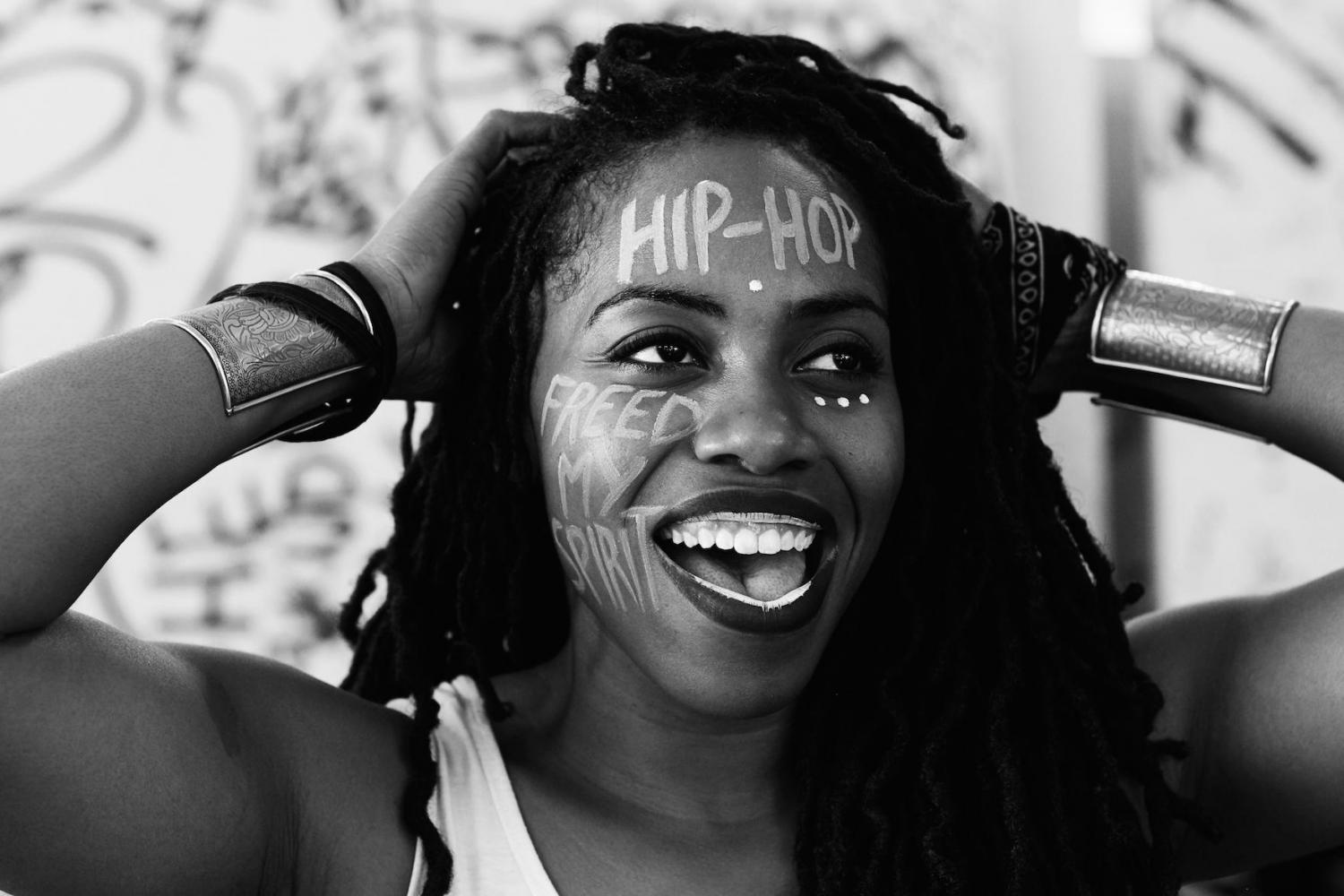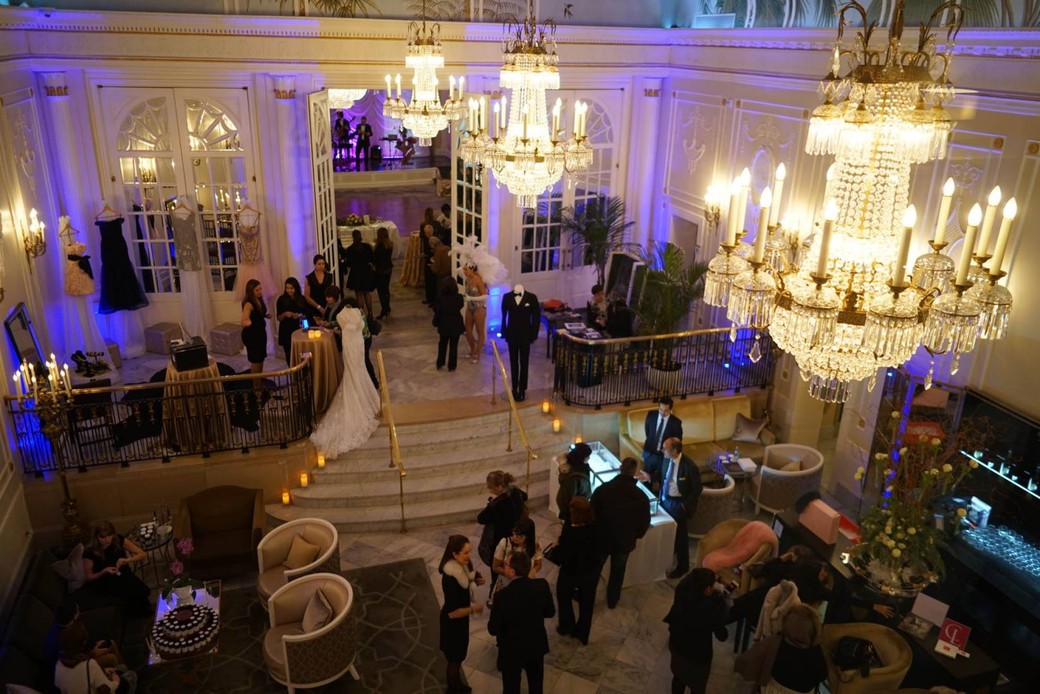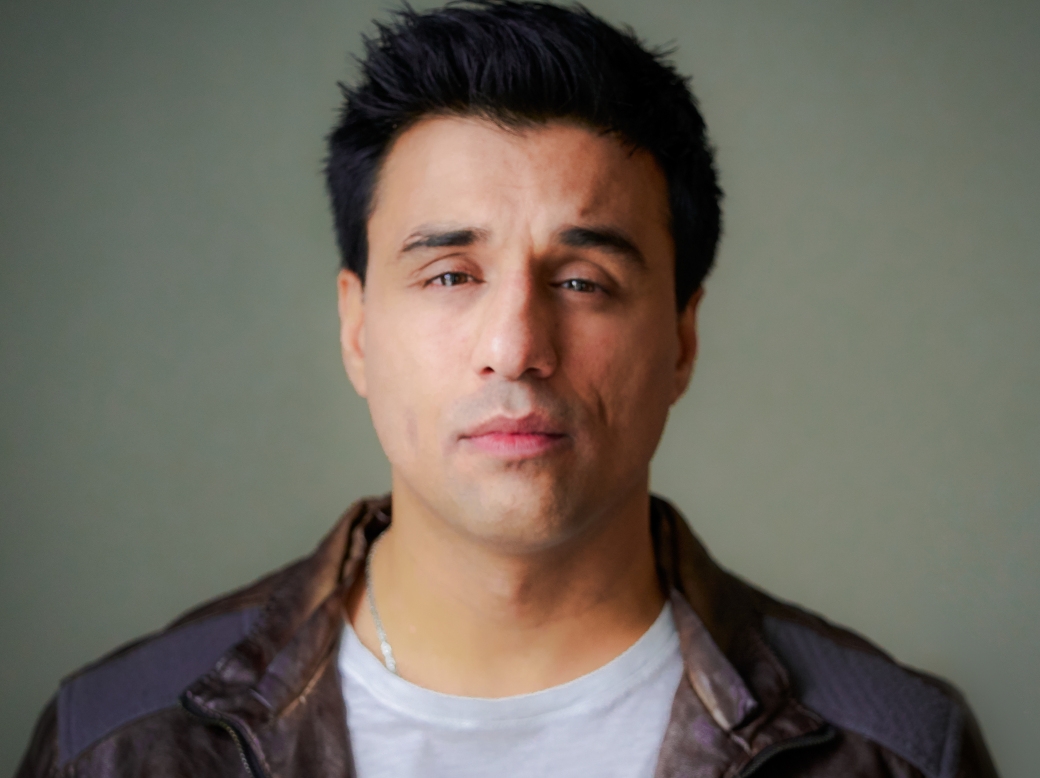
SKETCH Provides Comfort through Creativity
Photos by Sandy Nicholson
Art, whatever be its process or final form, is a transformative experience. It allows for the individual to share their unique gifts and perspectives with those around them, provoking change in both themselves and their community. SKETCH recognizes art’s capabilities, and sees it as an opportunity to empower marginalized young people to become leaders in society.
SKETCH is a not-for-profit organization that uses the arts to create equitable opportunities for marginalized and homeless youth, using creativity to foster leadership skills and self-sufficiency. Over their twenty years as an organization, Sketch has grown from being a small neighbourhood initiative conceived by artist Phyllis Novak to a thriving arts program that fills a 7,500 square-foot studio in downtown Toronto. Their programs are expansive: visual arts, culinary arts, movement, ceramics, textiles, music recording and more are all available to youth who would be otherwise hard-pressed to find an environment that would allow for creative flourishing.

SKETCH reaches young people through strategic outreach, partnerships, word of mouth, and by offering quality lunches and dinners. Once they’ve toured the studio hub and are welcomed as a co-creator, young potential artists are invited to participate and collaborate with peers in art production workshops, led by other young people and established artists.
The workshops that SKETCH offers generally unfold over a ten-week period. Over the course of a single day, the programs offered vary from street dance to creative writing, photography to screen-printing. These programs are designed to meet the youth wherever they are at: whether they have never picked up a guitar before or they’re ready to start collaborating with other musicians, there’s a place for them here.
SKETCH also invites partners in more specialized fields to volunteer their time and skills. In one instance, performers from Social Circus dropped by the studio to teach youth how to do pratfalls and make human pyramids. Elsewhere, digital artists have contributed by doing coding workshops.
The organization’s programs are always evolving. Dale Roy, Marketing and Communications Associate at SKETCH, explains that they are always dialoguing with youth about what artforms they would like to explore in the studio.
“We’ll take the time to listen to their ideas, passions, concerns and guidance. This allows for co-development of our programs with youth. A lot of our mandates prioritizing equity, diversity and inclusion come from that dialogue.”

SKETCH has a three-pronged framework to engage youth with as they explore their creative gifts. The first stage is “Discover.” At this point, a young person is invited to participate in the program, and is just beginning to see all the ways in which they can express themselves and where their passions may lie. Simultaneously, the SKETCH team works to address basic needs with participants, connecting them with health, legal, housing or employment support.
Next comes the “Develop” stage. Here, youth are encouraged to dig deeper into a particular artform that speaks to them with one of SKETCH’s 10-week programs. For instance, over the two-month period, they may learn how to paint still lifes, or how to play the guitar. After they complete one in-depth program, they are encouraged to try out another.
“This step is all about digging into creativity and getting your hands dirty, trying to figure things out,” Roy explains.
The “Launch” stage comes last. Here, the young person gets to share themselves with a bigger audience.
“This phase is our invitation to SKETCH artists to take their creativity, passion, skills or activism to the public,” says Roy. “It could be as easy as putting their art up in a gallery or giving a public performance. It could be launching their own creative enterprise, like a small t-shirt business or publishing a magazine. We want them to engage and collaborate with the public, and develop their skills to become the next generation of cultural leaders.”
 Through this model, SKETCH has been hugely successful. By 2018, they will have engaged 1,500 young people with their “Discover” stage, 750 with their “Develop” stage and 375 with their “Launch” stage. They’ve won many awards, and have been celebrated for the changes that they’ve brought to the lives of marginalized and homeless young people.
Through this model, SKETCH has been hugely successful. By 2018, they will have engaged 1,500 young people with their “Discover” stage, 750 with their “Develop” stage and 375 with their “Launch” stage. They’ve won many awards, and have been celebrated for the changes that they’ve brought to the lives of marginalized and homeless young people.
Sketch does not run on its own. Though it receives funding and grants, it also relies on donations to continue providing at-risk and marginalized youth with the creative skills they need to be leaders in society. Donations are made either by the public or local businesses who are inspired by SKETCH’s work and vision.
One of these businesses is Sleep Envie, a Toronto-based mattress company that creates mattresses that are as comfy as they are affordable. From every mattress that they sell, they donate a percentage of their sales to SKETCH’s programs.
“Sleep Envie contacted us in the fall of 2016,” says Roy. “We really appreciate it when local businesses choose to support the creativity and skill building that takes place at SKETCH.”
The appreciation is mutual.
“Sleep Envie doesn’t get under the covers with just anybody,” says Joy Elena, founder of Sleep Envie. “We don’t partner with an organization unless we believe in their core values. We are proud to do our part by helping develop the next generation of cultural leaders, [and that] our contributions will have an impact in creating social change and promoting diversity and equality.”
Everyone has a story to tell, creativity to express. No matter what their background may be, they should have a right to share it. With partners like Sleep Envie, SKETCH is able to continue giving tomorrow’s creative and cultural leaders a voice, so they are able to make a real impact in their respective communities.
To learn more about SKETCH, click here.
To learn more about Sleep Envie and their line of products, click here.












